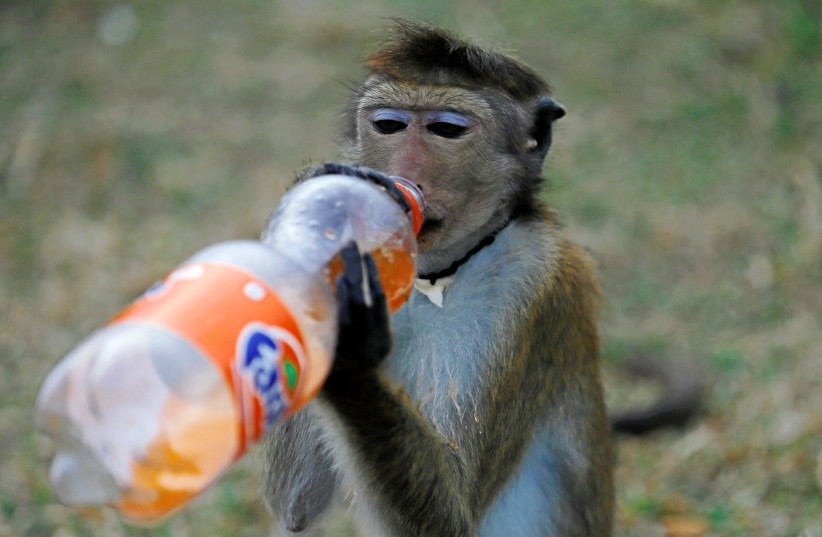Sri Lanka has relinquished plans to sell 100,000 toque macaques monkeys to China after petitions were made to the government according to an Asia News report from July 1.
Environmentalist and animal rights groups had warned the government that they believed that the monkeys could be maltreated in zoos and labs in China.
Deputy Solicitor General Manohara Jayasinghe, on behalf of the Department of Wildlife Conservation, announced the government’s altered decision after the petition challenging the capture and export of macaques to China reached the court of appeals, Asia News reported.
“I am very happy to hear this,” Sanjeeva Jayawardena, the President's Counsel, is cited as having said. “These monkeys will end up in Chinese restaurants.”
While consuming monkeys has been banned in China since 1934, it has traditionally been viewed as a delicacy, according to the World Population Review.

The petition will be formally heard on July 7.
Protesting the export of monkeys
Activist groups began protesting the plans to export monkeys to China in April, after a private Chinese company publicly proposed the export.
People for the Ethical Treatment of Animals (PETA) issued a statement on the appealed proposal.
“These monkeys do not belong in captivity. It is almost certain that, once in China, they would be funneled into biomedical experiments and [be] dead within months,” said Dr Lisa Jones-Engel, the PETA senior science advisor.
